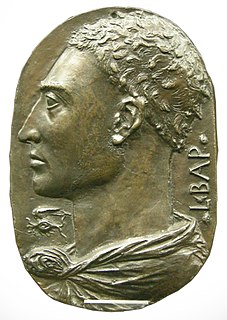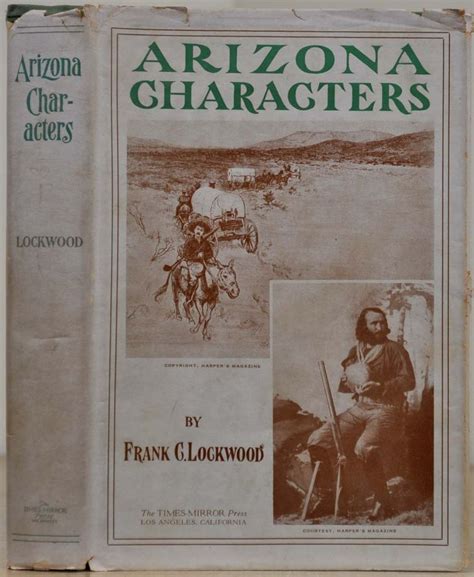A Quote by Leon Battista Alberti
A man can do all things if he but wills them.
Quote Topics
Related Quotes
Further, economic systems ... have never arranged themselves by themselves. It is men who do the ordering according to their attitudes, desires and understanding of things. Changes take place, not independent of man's will, but on account of man's wills. Civilization has progressed by man's interference with material conditions.
By His gracious condescension God became man and is called man for the sake of man and by exchanging His condition for ours revealed the power that elevates man to God through his love for God and brings God down to man because of His love for man. By this blessed inversion, man is made God by divinization and God is made man by hominization. For the Word of God and God wills always and in all things to accomplish the mystery of His embodiment.
The common ground where the activities of God and man become one is the motive of perfect love; for in the last resolve love is the essence of God's nature. When he thinks, love is his thought; when he wills, love is the product of his will. To the degree, therefore, that man thinks and wills the good--to the degree that he realizes love in his finite dealings--he interfuses himself with God.
Animals have these advantages over man: they never hear the clock strike, they die without any idea of death, they have no theologians to instruct them, their last moments are not disturbed by unwelcome and unpleasant ceremonies, their funerals cost them nothing, and no one starts lawsuits over their wills.
The non-action of the wise man is not inaction. It is not studied. It is not shaken by anything. The sage is quiet because he is not moved, not because he wills to be quiet. . . . Joy does all things without concern. For emptiness, stillness, tranquillity, tastelessness, silence, and non-action are the root of all things.






































